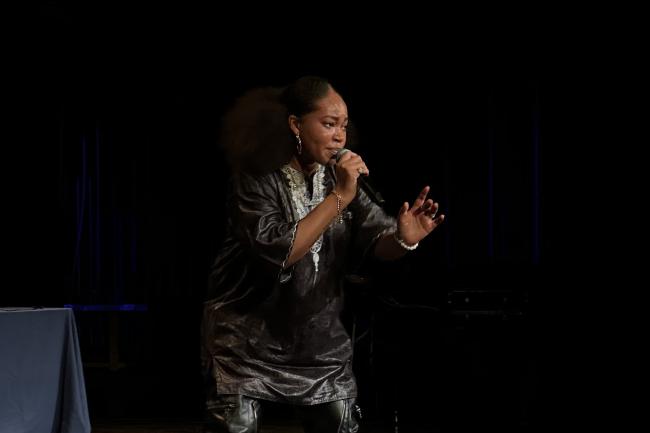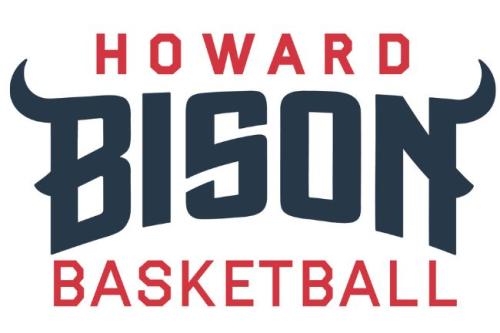On August 10 and 11, Howard University hosted a two-day conference, “Hip Hop 50: Past, Present, and Future Conference,” in celebration of the genre’s 50th anniversary.
Conference organizers included executive committee members Benita King, Dr. Msia K. Clark, Dr. Roger Caruth, and a committee of faculty members and students throughout the University. King said her son’s desire to experience hip-hop in the classroom empowered her to integrate hip-hop and academics on Howard’s campus.
"Hip-hop has transcended, and we loved the academic component, so we hope that we can incorporate something where we can teach it,” King said. “We want to be able to incorporate the culture into various areas and we want to adopt that at Howard.”
Imani Bonham, a Los Angeles County native and assistant program coordinator in the College of Arts and Sciences, served as a conference volunteer, curating the digital outreach of the conference. With an emphasis on engaging hip-hop's diverse groups, Bonham strove to create graphics resonant with hip-hop divergent eras.
Bonham said that this year’s conference highlighted how the University and higher education supports hip-hop. “Hip-hop teaches you so much because it’s always the youth that’s listening to music from the past, present and future,” she said. “Since it’s speaking to us, it could do some real magic in the classroom.”
This year’s conference coincided with the creation of a hip hop minor in the interdisciplinary studies department, an undertaking led by King and Clark. King combined her son's hip-hop request with Clark's work as a hip hop scholar in the Department of African Studies. The Board of Trustees will vote to establish the hip hop minor during the 2023-2024 academic year.
“I think this minor could open a lot more doors for students to get into industry, just like the Blatvanik Center has,” Bonham said. “It could really excel a student’s career.”
The 1991 Cultural Initiative's Hip-Hop Conference was Howard’s first hip-hop symposium, evolving into a prominent gathering space where the University’s hip-hop lovers could marry both the intellectual and cultural aspects of the genre – while also diversifying each other’s musical palettes.
Timothy D. Jones (B.A. ’91) said the blueprint of the initial conference was built by the Howard University Student Association (HUSA), where cabinet executives Ras Baraka and April Silver gathered resources through the University and external partnerships within the hip-hop business. The first conference’s theme was hip-hop at its crossroads, which contextualizes the rise of the artform.
“At that time, hip-hop is in the midst of some exponential growth,” Jones said. “There was a strong sense of activism, community and legacy.”
Conferencegoers departed the University and became successors of the genre. Even though the student body wanted to unify their hip-hop culture, Jones believes that the conference took on a prestige of its own, becoming an impactful movement beyond its intentions.
“Now this culture has literally touched every facet of the ecosystem of life as we know it,” Jones said. “It has touched the entire planet, and that’s where I think the impact of what we did went further than we could ever imagine.”
Jones and other founders of the original conference, such as Silver, Alberta Coker and Leshell Hatley, participated in the panel, “Step into a World: Original Hip Hop Conference Founders Discuss 1991 & Beyond,” to begin this year’s conference. While referring to the initial conference’s goals, Jones highlighted hip-hop’s diversity over the years, weaving together its cultural, financial and artistic aspects.
“For students, their support was viewing the conference as this hip-hop centered homecoming, in a sense that you get to walk across campus and see Chuck D, KRS-One, Queen Latifah, the list goes on and on,” Jones said.
Other panels included “Inside the Music Industry,” “The Past, Present and Future of Women in Hip-Hop,” and “Rap vs. AI,” an interactive segment hosted by businessman Hajj Flemmings and artificial intelligence technologist Cynthia Respert that featured rappers freestyling to an artificial intelligence system called “Semantic Kernel.”





